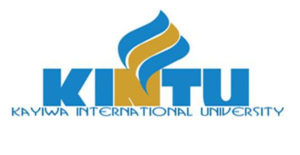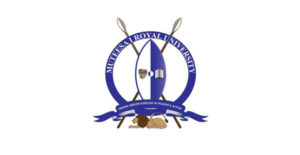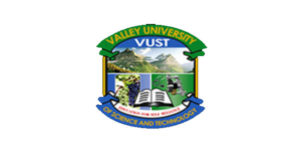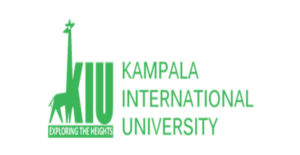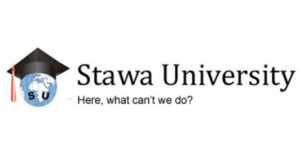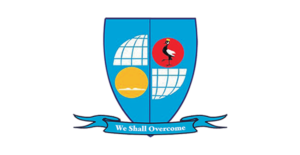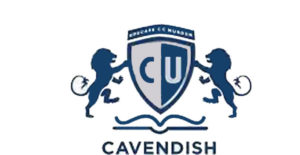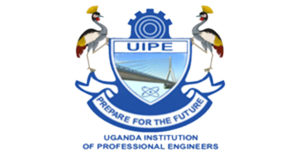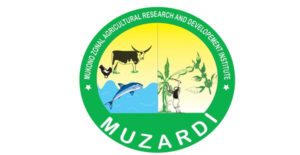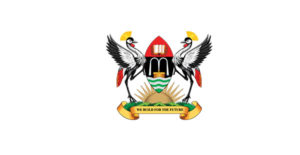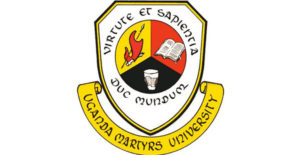Kayiwa International University (KINTU) is a is a Christian University established in 2007 as an affiliate University of the Latin and United Graduate College located in Tennessee, USA. In 2012 KINTU began the process of applying for accreditation with the National Council for Higher Education in Uganda (NCHE). The primary mission of KINTU is to stimulate and strengthen African intellectual capacities for development. on September 29th. 2015, received its accreditation from NCHE.
KINTU received its mandate to run university programs from NCHE with a vision which seeks to “transform society through integrated teaching, research and practice”; and a mission to “provide quality education for Human Development”. KINTU’s mandate is to provide Ugandans and other Africans with an international institution of higher education for maximizing knowledge with the aim of minimizing errors in society. The ultimate goal is for KINTU to develop responsive programs that will be at the center of African development and the promotion of Human Security on the continent. Developed and planned programs will seek to promote human understanding, tolerance, cooperation amongst nations, fear of God, integrity, innovation, community outreach and responsive development.
Headquartered in Kampala, Uganda, KINTU currently has seven approved programs at Diploma and bachelors levels. KINTU will begin with four faculties including Humanities and Social Sciences, Business Administration, Information and Communication Technology (ICT), and Education. KINTU expects to add in the near future four more programs in the fields of Health Science, Agriculture and Oil and Gas and an institute for Governance, Peace and Development. In order to maximize its impact, KINTU also expects to develop distance learning tools and expand its activities worldwide.
KINTU has developed a robust governance structure that will promote its vision and mission and develop strong relations with government and international partners so that it can promote higher education in Uganda and Africa. KINTU is headed by a University Council (UC), the policy organ of the University; and a Vice Chancellor (VC) the Chief Executive Officer of the University. The Board of Directors (The owners and proprietors of the University) are responsible with, the assistance of the UC for hiring the VC of KINTU. All key staff including top management officials have already been appointed and the University is in a strategic position to commence its
Vision
To transform society through integrated teaching, research and practice
Mission
To provide quality education for human development
Our Objectives
To ensure gearing the workings of the university to the fulfillment of the functions of transmission and storage of knowledge, conduction of research and dissemination of its findings, as well as engagement in community service, the following objectives shall be realized:
• Sound moral orientation, associated with worthwhile conduct arising from habits of rational and independent thinking, independent judgment, responsible action, and social sensitivity;
• Good adjustment as (opposed to passive fitting into an environment), viewed as achieving personal effectiveness, characterized by a many-sided interest, i.e., a general intellectual readiness or capacity to expand acquired knowledge and skills to new novel or a variety of situations – associated with the worth of functional permanent literacy and self-development/actualization.
• Functional understanding, viewed as intellectual capacity to see the tool-use of ideas, to actualize theoretical knowledge, associated first with the desire to produce resourceful practitioners and secondly with the desire to integrate the principles , values and practices of sustainable development into all aspects of university educational processes; and
• Social efficiency, viewed as constructive and dynamic action and reaction within the world of work, associated with the desire to produce competent, self-reliant practitioners, which presupposes development of an entrepreneurial culture wherein the concepts of student as client, stakeholder, involvement, increased accountability and quality assurance procedures converge.
- Academics
- Gallery
Uniqueness
KINTU is deemed to come into existence with a marked difference or niche in terms of salient elements of uniqueness as depicted by the facets of the focus conveyed by its philosophy, vision, mission and the related objectives. In connection with the foregoing strands, KINTU shall evolve a uniquely generative pedagogical culture by putting special emphasis on:
• Progressive exposure of all students to a balanced wed of cross-cutting units derived from a variety of academic disciplines and embedded in each of the University‘s programmes of study, with a view, among other outcomes, to promote versatility warranted by the phenomenon of social change;
• A system of practicum sessions paralleling individual courses of study to encourage and promote skillfulness in connection with the perennial need for translating acquired knowledge into tangible resources;
• Organization of outdoor educational experiences related to students‘ particular study programmes to enhance students‘ capacity to size up the actualities of the world within the framework of main ideas in the course of study;
• Maintaining a vibrant tutorial system (long in oblivion in virtually all universities in Uganda) to promote attributes of intellectual maturity, intellectual honesty and intellectual humility through reflective and rigorous discourses and discussion favourable for cross-fertilization of ideas;
• Organization of annual competitive students’ (Individual/group projects) exhibitions, faculty by faculty to promote a sense of self-development and capacity for discovery and invention;
• Encouragement of students’ active participation in activities of specialist subject-based clubs/societies or associations within and outside the University to promote acquisition of expert knowledge in some special direction for intellectual development, equal to self-development, in the context of societal needs;
• Regular exposure of students to firsthand educative experiences from a variety of expert and soundly seasoned guest speakers to enrich curricular experiences; and
• Periodical strategic orientation and re-orientation of academic and administrative staff to widen, deepen and harmonize insights in their respective functions with a view to efficient and effective realization of the University‘s objectives.
Considered organically, the threads of uniqueness, thus far characterized, portray a functional appreciation of and a special emphasis on the learner-centered approach to the University curriculum and the educative process conducive to the promotion of creativity. Creativity, conceived in its full measure, is the essence of the attitude and behaviour of discovery and invention (DAI) – an invaluable quality most needed to revamp and transform the African continent.
